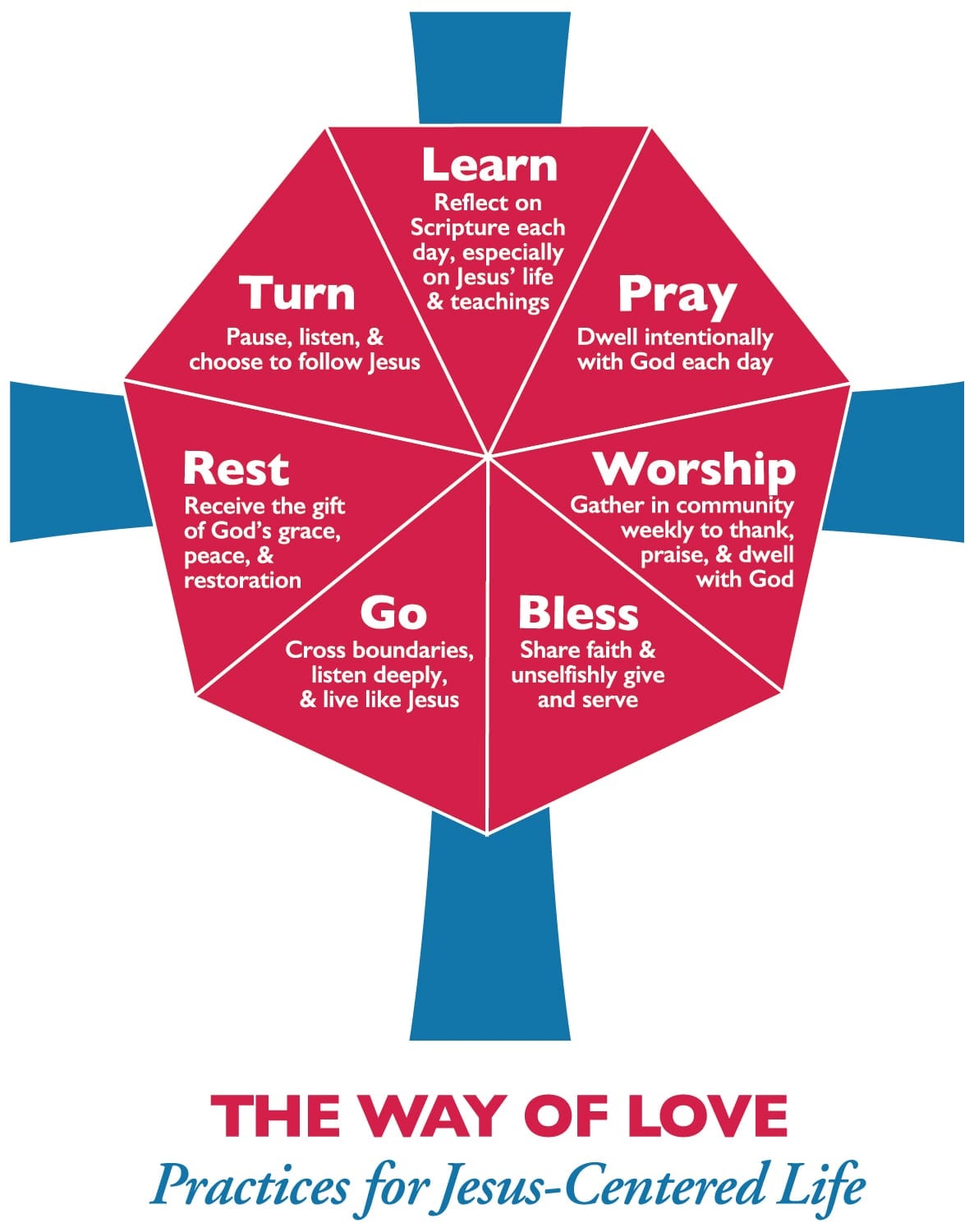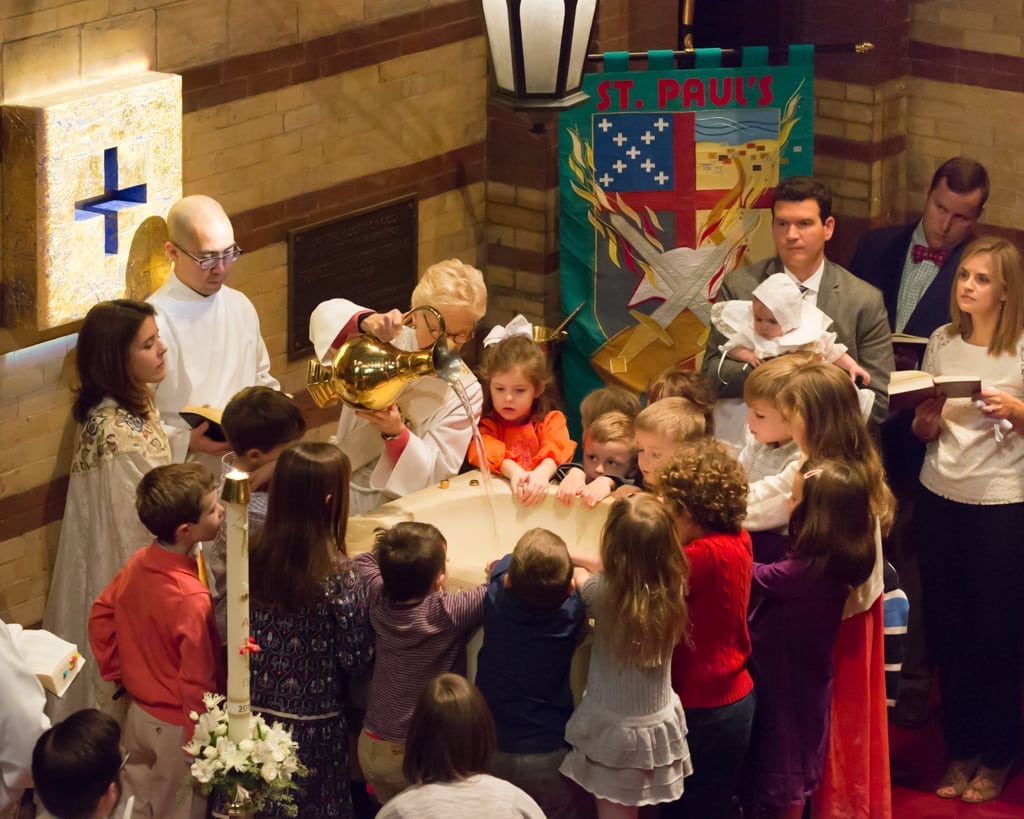It means participating in a unique structure of community:
In the Episcopal Church the ministers are all the baptized people of God, not just the ordained clergy.
The word “episcopal” is a Greek word for bishop. Bishops, along with other elected leaders, oversee the Church in particular geographic areas, known as dioceses. Each bishop and those elected leaders in the diocese, operating through a local annual convention, determine the character of life and work in that diocese within a set of general decisions made by a triennial General Convention of The Episcopal Church.
Believing the Scriptures, comprised of the Old and New Testament, as well as some apocryphal texts, were written under the inspiration of the Holy Spirit, who guides the Church in the interpretation of the Scriptures.
Practicing the “via media,” or middle way, in all we do because we believe everyone is beloved of God regardless of views on particular topics.
Practicing loving our neighbors as ourselves and upholding the dignity of every human being.
Celebrating a diversity of people and styles of worship unified in the communal use of the Book of Common Prayer.



